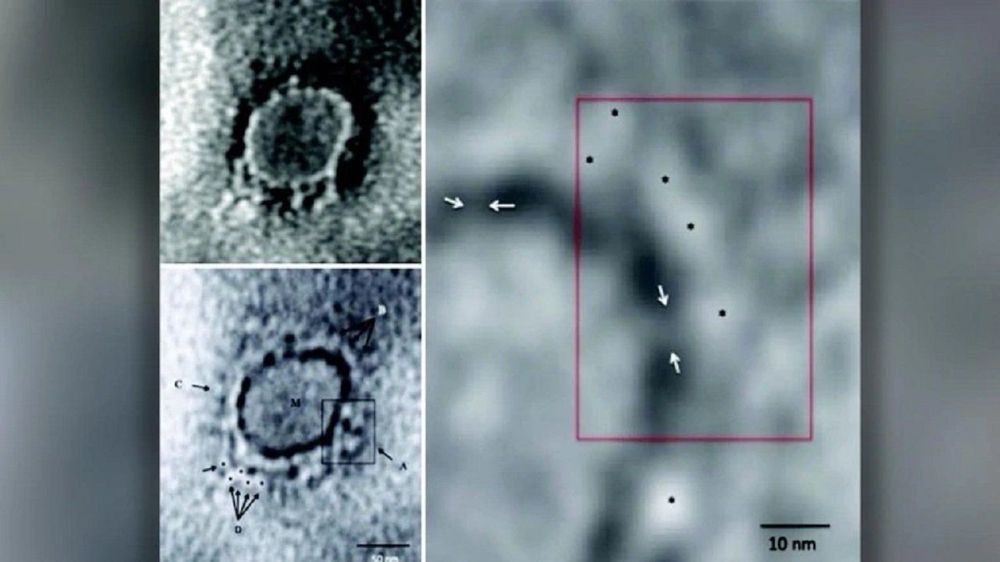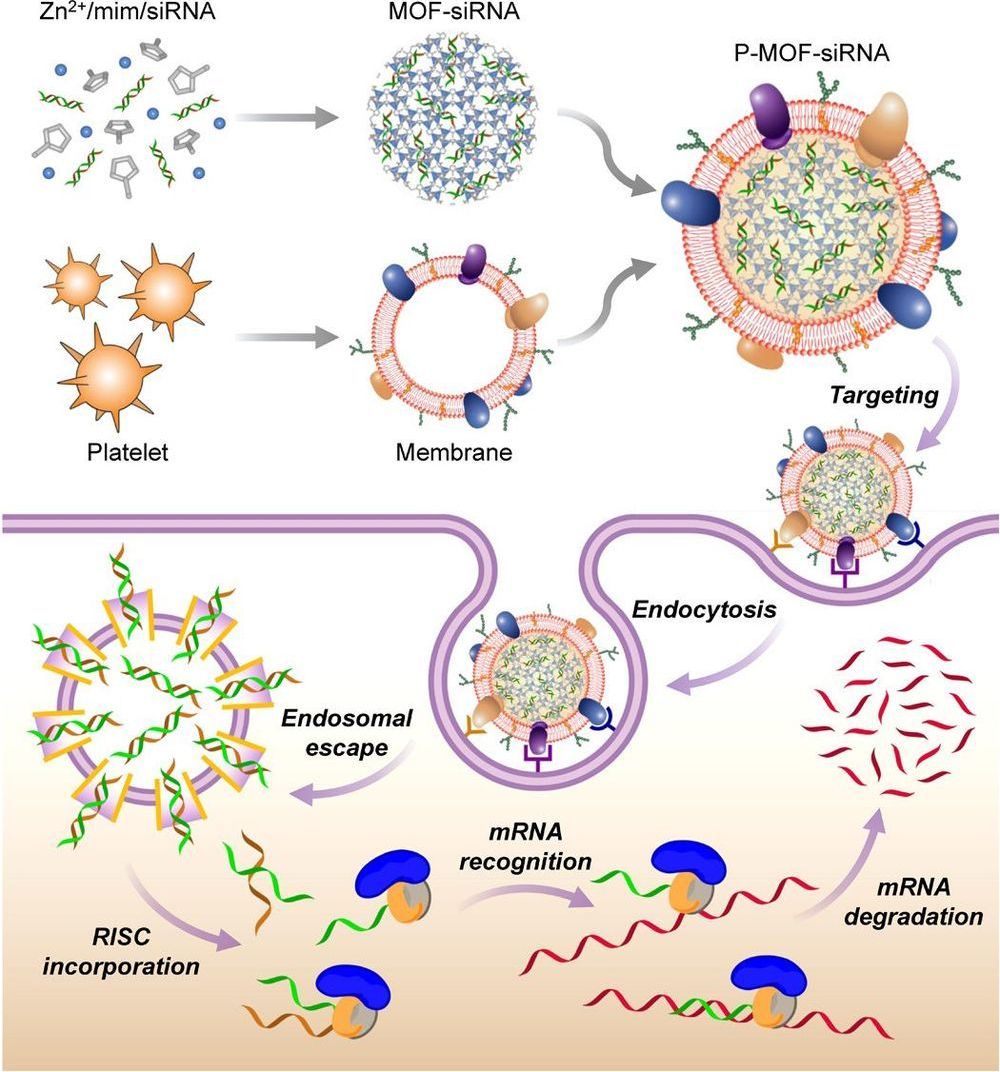There’s a new COVID-19 test from healthcare technology maker Abbott that looks to be the fastest yet in terms of producing results, and that can do so on the spot right at point-of-care, without requiring a round trip to a lab. This test for the novel coronavirus causing the current global pandemic has received emergency clearance for use by the U.S. Food and Drug Administration, and will begin production next week, with output of 50,000 per day possible starting next week.
The new Abbott ID NOW COVID-19 test uses the Abbott ID NOW diagnostics platform, which is essentially a lab-in-a-box that is roughly the size of a small kitchen appliance. It’s size, and the fact that it can produce either a positive result in just five minutes, or a negative one in under 15, mean that it could be a very useful means to extend coronavirus testing beyond its current availability to more places including clinics and doctor’s offices, and cut down on wait times both in terms of getting tested and receiving a diagnosis.
Unlike the rapid tests that have been used in other countries, and that received a new type of authorization under an FDA guideline that doesn’t confirm the accuracy fo the results, this rapid testing solution uses the molecular testing method, which works with saliva and mucus samples swabbed from a patient. This means that it works by identifying a portion of the virus’ DNA in a patient, which means it’s much better at detecting the actual presence of the virus during infection, whereas other tests that search the blood for antibodies that are used in point-of-care settings can only detect antibodies, which might be present in recovered patients who don’t actively have the virus.









